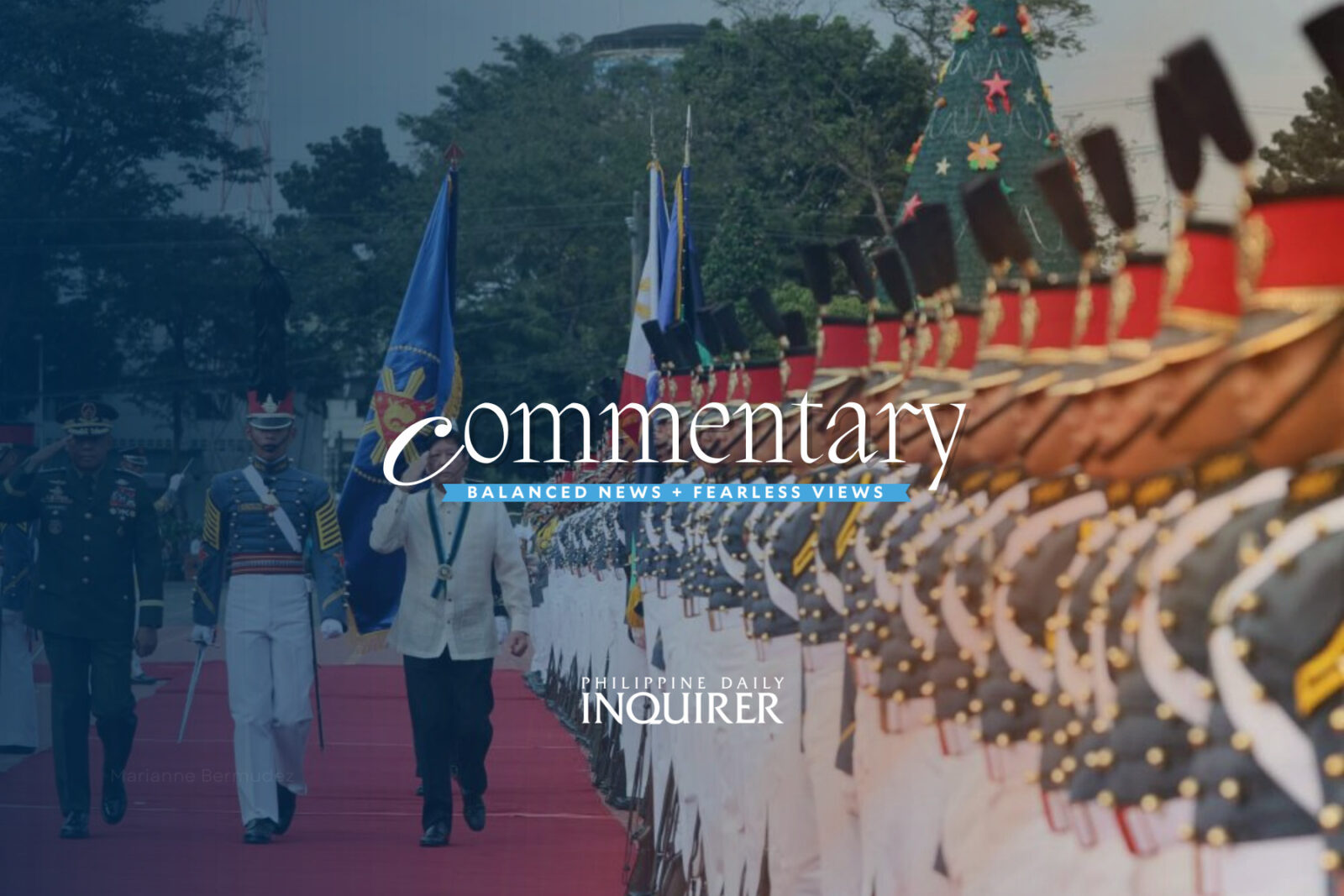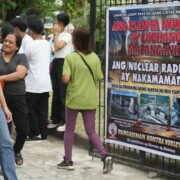Our moral consensus

As another election looms, with surveys being conducted left and right, some of us can’t help but be disappointed at how Filipinos are choosing their leaders. The disappointment comes from the assumption that, given the hardships we face as a nation, the next set of leaders must possess ideal characteristics to emancipate us from our present condition.
We fear that the leading candidates in the surveys are not capable of carrying this difficult task. As we reflect on past experiences with elections, we realize nothing is new. We’re still stuck in the same cycle in a democratic process that promises reforms but consistently lets us down when the political spectacle is over.
As I observe ongoing public conversations about the coming elections, I noted two interesting viewpoints: one comes from my socially and politically aware undergraduate students, and the other from an expert opinion I read online.
I usually ask my students what they think is our biggest hindrance to achieving political maturity as a nation. Their response has been consistent: corrupt and incompetent politicians who are voted by ordinary citizens. Asked what we can contribute to change the present system, the answer remains the same as well: educate the voters.
The other view explains why we continue to support politicians with bad record in public office. The author made reference to our deeply rooted relational culture that values “pakikisama (getting along)” that presumably leads us to prioritize emotions over critical thinking. The relational culture, the argument goes, blinds us and prevents our being objective and rational in examining our candidates’ track record and performance.
These two viewpoints have one glaring thing in common: they put the blame on ordinary citizens. The students’ view assumes an uneducated population, while the expert’s view treats ordinary citizens as blind followers of culture.
Putting the blame on our people is a defeatist mindset and is even more troubling if we are not aware that we’re trapped in this game of victim-blaming. We are missing the point that the outcome of any event where ordinary individuals come together as one, including elections, reflects what the French sociologist Emile Durkheim described as our “collective conscience.” This concept refers to our ability to imagine and feel that we are guided by a common moral consensus, which allows us to be in the company of others despite being geographically separated from each other. It refers to our collective fears and longings as members of a single community.
When Rodrigo Duterte came to power in 2016 and launched his antidrug war campaign, the project immediately resonated not just among his die-hard supporters, but to a lot of ordinary Filipinos afraid of being victims of crimes. The focus was mainly on the drug problem and Duterte’s brand of populism. When analysts and commentators were making sense of Duterte’s popular appeal to ordinary folk, the dominant discourse describes how he made himself relatable to the “masa,” given his popular rhetoric and unorthodox leadership style. Duterte’s popularity, we were told, also came from how he bent formal rules, bypassing tedious bureaucratic processes to speed up government transactions, including the legal process.
But what’s missing in all these explanations is how Duterte was able to awaken our “collective conscience” by continuously reminding us of the persistent drug problem that threatens our moral consensus. In my mind, ordinary Filipinos who actively support Duterte until now are thinking beyond the drug problem. They are concerned with crimes in general and their impact on their lives. Duterte is their hero because they think he’s the only one who can protect them from that imminent threat.
This phenomenon illustrates that ordinary Filipinos are mindful of their actions because they are guided by a certain collective moral compass. They think and act not just for themselves but for the welfare of others. Their support for politicians like Duterte is not necessarily driven by their lack of education, or by the “pakikisama” culture that portrays them as blind followers of the system. Their votes and candidate preferences symbolize how they see themselves and other people. They go to polling places and pick candidates whom, they hope, share their visions of the future. Moreover, the often-hated vote-buying practice does not automatically represent a lack of education among voters; it can also be a symptom of a weakening moral consensus.
——————
Dr. Ricky R. Rosales is an associate professor in the Department of Sociology and Anthropology of the Polytechnic University of the Philippines. He is a senior lecturer at the UP Diliman Department of Sociology, and a news anchor for Teleradyo Serbisyo and Radyo 630.

















Forging strategic ties with China